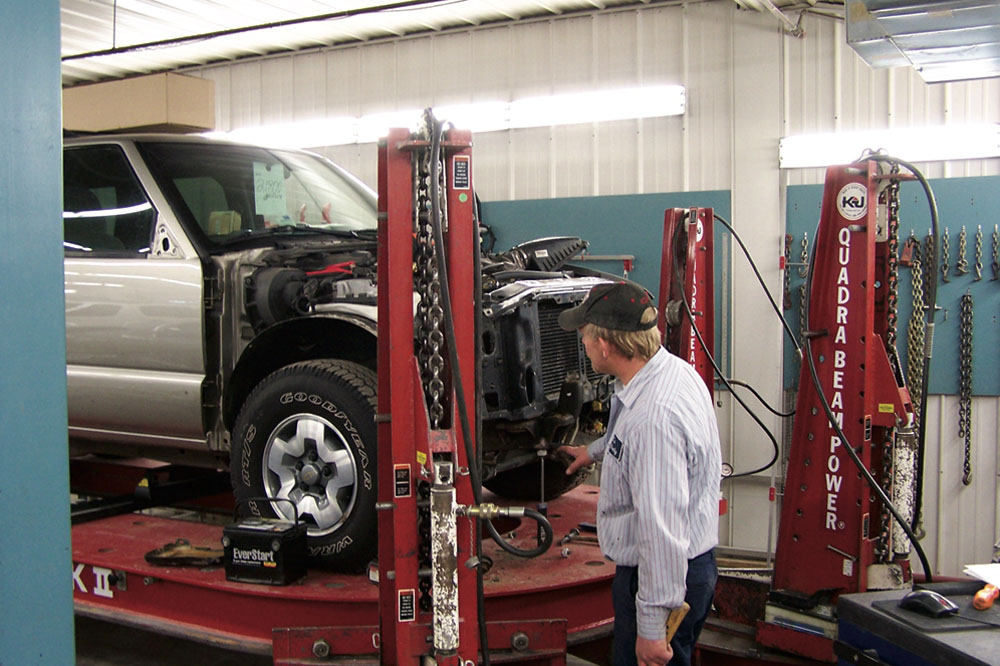
Many of us here in the United States have experienced a bitterly cold winter. It was pretty chilly. As well as being unpleasant, the winter chill can cause damage to your vehicle. Be careful if you don’t want to damage your vehicle.
Your automobile insurance premiums may be affected by the winter cold due to the greater risk of damage.
The key to avoiding risk this season is preparation. You might be able to avoid paying out of pocket for risks if you know what your personal auto insurance policy covers.
- Your battery will be under a great deal of strain.
Under sub-zero temperatures, your car’s battery is put to the test. During cold weather, your battery’s capacity can be reduced, making it more difficult to start your vehicle. Checking the battery before the temperatures drop will help you keep your vehicle in good working condition.
Your car’s battery might die this winter and you won’t be covered to replace it by your insurance. You can purchase batteries for as little as $75, which may be less than your insurance deductible.
- Lower tire pressure
As a result of the cold air, your tires’ air pressure could drop, which could be harmful for a number of reasons.
Get your tires examined for the colder months once a month, when the tires are cool. Underinflated tires make it harder to control, which isn’t ideal on snowy roads!
More severe situations may result in a blowout if the tire is underinflated. The majority of insurance policies do not cover blown tires unless they are the result of an accident. It is very rare that insurance covers your tire, and any damage to your rim or wheel caused by a blowout may or may not be covered. Your insurance may not cover damage caused by underinflated tires since they are considered a maintenance issue.
Maintaining your tires and tire pressure throughout the winter months is essential to avoid damage to your vehicle that will not be covered by your insurance. Find out what your insurance policy covers when it comes to tires.
- The right tires for the winter
Ice roads are dangerous during freezing weather. Winter tires are necessary for slick roads when your ordinary tires aren’t up to the task.
- Ice obstructions
Ice and snow are accompanied by heavy wintery messes, which put roofs and tree branches under strain.
Ice hazards can be dangerous for vehicles parked beneath them. Tree limbs and icicles cause damage during this time of year. This damage should be covered by comprehensive coverage on your auto insurance policy.
- Slippery walkways
As ice falls from the sky during this time of year, it also coats everything, especially during cold spells.
It is extremely dangerous to drive on slick roads.
If you are involved in an accident, your state may require you to have liability insurance, but this does not include vehicle damage coverage. When it comes to single-vehicle accidents, such as slipping on ice, collision coverage is a useful policy to have during the winter months.
- Buying a seasonal vehicle can save you money.
With this bitter, cold weather, the carefree days of riding about in your convertible or seasonal car have come to an end. Your car has undoubtedly been secured for the winter.
You may be able to save money on your insurance by putting your car off the road for the winter since it’s unlikely you will be in an accident when it’s parked in the garage. Consult your insurance agent about reducing or eliminating your coverage during the off-season.
- Snowplow mishaps
Snow plows that damage your vehicle and then flee the scene may cause a hit-and-run. Your collision insurance should cover damage caused by a plow that keeps running. Another compelling reason to include it!
- Road salt
Several communities salt the roads to prevent accidents caused by the ice and snow on the roads.
Although this can keep you safe when driving on slick roads, it can also damage your vehicle’s underside.
As a result of salt, your vehicle may corrode and become damaged faster. In most cases, auto insurance policies will not cover damage caused by road salt because not washing your car is considered routine maintenance.
- Wait times are increasing.
During winter, property damage can increase in your area, placing pressure on insurers who are trying to resolve claims. You might be able to resolve disputes with your insurer more quickly this winter if you plan ahead and exercise patience.

